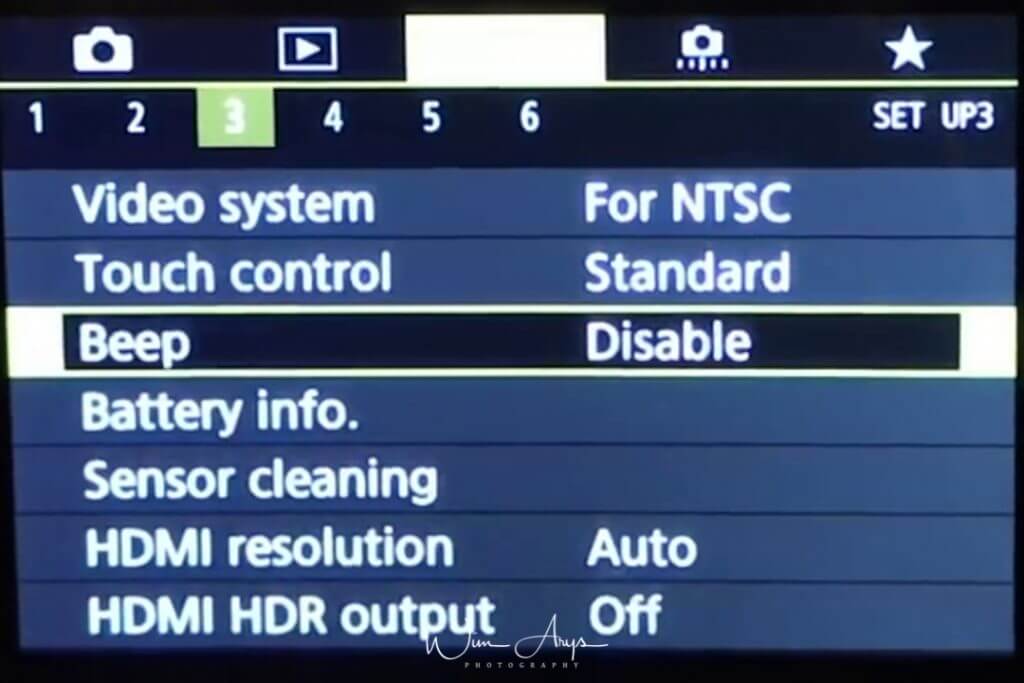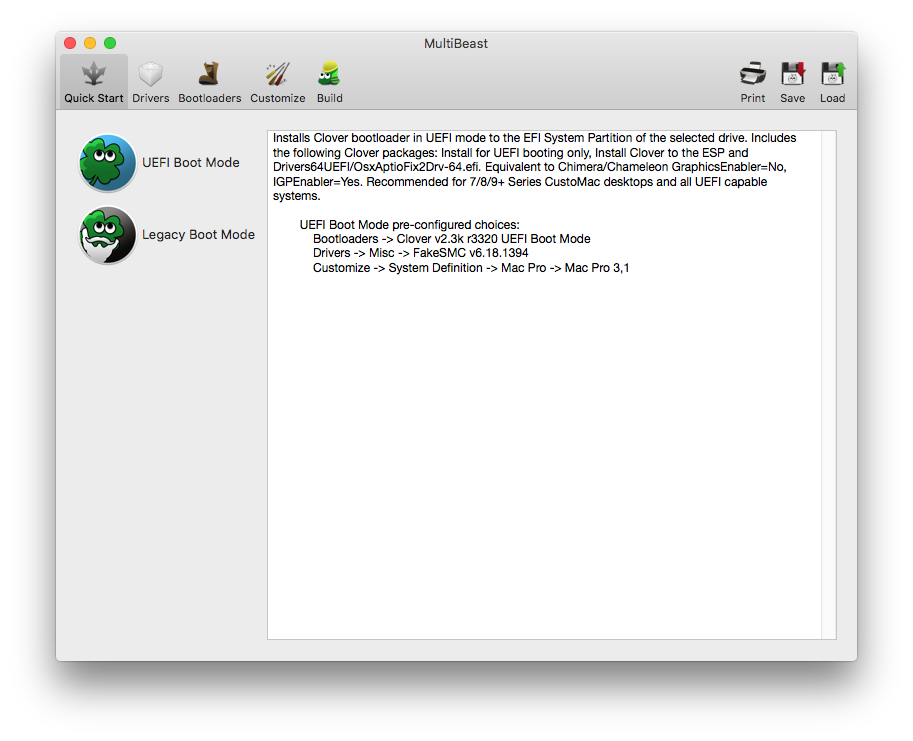
In a December interview with Spanish newspaper ABC, Francis said he had given the letter to the then-secretary of state early on in his papacy, but didn’t know what became of it.įor now, unless his letter fulfills the legal requirements, papal power would only change hands if he dies or resigns. to oversee the transfer of power in case a president dies or becomes incapacitated.įrancis recently revealed, however, that he had already penned a letter of resignation if he were to become incapacitated for a medical reason. There is no indication Francis is moving on the proposals, which seek to fill the legislative loophole that the 25th Amendment filled in the U.S. “If, with all the possible guarantees and procedures defined, it is verified that the Roman See is impeded by a certain, permanent and incurable incapacity of a pope, it’s necessary to proceed toward the election of his successor,” Bondi said in an email. In the case of a temporary impediment, they would name a commission to govern, with periodical medical checks every six months to determine the status of the pope. Under the proposed norms, the governance of the universal church would pass to the College of Cardinals. It argues that the church must provide for the declaration of an “totally impeded see” and the transfer of power for the sake of its own unity. The eight-page set of proposed norms explains that with medical advancements, it’s entirely likely that at some point a pope will be alive but unable to govern. “We need norms that identify the people or organisms to deal with the problems that cannot be put off long-term.” “If the condition of a totally incapacitated pope goes on for months or even years, it’s clear that this creates great harm for the church and the good of its souls,” said Bondi, who is one of the initiative’s organizers.

They created a canonical crowd-sourcing initiative in 2021 to craft a new church law regulating the office of a retired pope as well as norms to apply when a pope is unable to govern, either temporarily or permanently.

Recently, a team of canon lawyers set out to propose norms to fill that legislative gap. But it doesn’t say what it means for the Holy See to be “entirely impeded” or what provisions might come into play if it ever were. In such cases, the day-to-day running of the diocese shifts to an auxiliary bishop, a vicar general or someone else.Įven though Francis is the bishop of Rome, no explicit provision exists for the pope if he similarly becomes “impeded.” Canon 335 declares simply that when the Holy See is “vacant or entirely impeded,” nothing can be altered in the governance of the church. Canon 412 says a diocese can be declared “impeded” if its bishop - due to “captivity, banishment, exile, or incapacity” - cannot fulfill his pastoral functions. “Even when he’s facing painful moments like this, his power acts in the people who received vicarious power from him.”Ĭanon law does have provisions for when a bishop gets sick and can’t run his diocese, but none for a pope. Filippo Di Giacomo, a canonical expert and commentator. “The pope continues to act, even from the hospital,” said the Rev. Shortly after Francis was admitted to the hospital, the Vatican’s daily noon bulletin came out with Francis' new bishop appointments. To wit: the Vatican secretary of state, Cardinal Pietro Parolin, was out and about on Wednesday, presiding over the inauguration of an information center for pilgrims coming to Rome for the 2025 Jubilee. “The curial machine proceeds normally with ordinary administration.”

“A brief period of impediment doesn’t create any problems,” said Geraldina Boni, professor of canon law at the University of Bologna and a consultant for the Vatican’s legal office. No, the Vatican camerlengo, or chaimberlan, didn't take over. The Vatican said there were no complications and that he was expected to be hospitalized for several days. In other words, Pope Francis was still pope, fully in charge of running the Vatican and the 1.3-billion strong Catholic Church, even while under general anesthesia and undergoing surgery to repair a hernia in his abdominal wall.
While many countries regulate the transfer of power when a head of state becomes incapacitated, and the Vatican has governance norms when a pope resigns or dies, none of those regulations apply to a sick, unconscious or hospitalized pope. ROME (AP) - Pope Francis' three-hour surgery Wednesday raised a question about what happens to papal power when a pope is unconscious or otherwise incapacitated and cannot lead the Catholic Church.


 0 kommentar(er)
0 kommentar(er)
